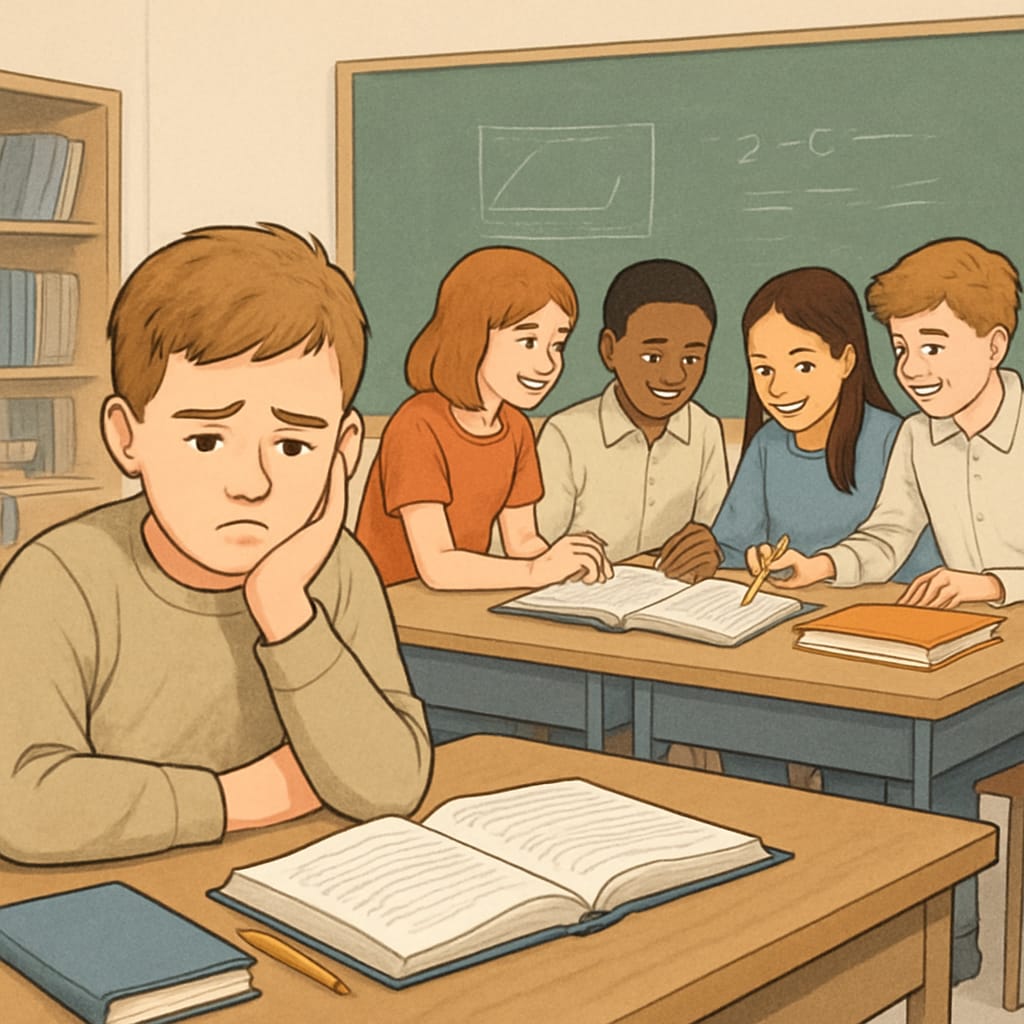The “genius” label in education systems often carries unintended consequences, creating ripple effects that impact both the labeled students and their peers. While the term may seemingly celebrate exceptional talent, its application within K12 education can reinforce harmful stereotypes and pressures. This article explores the dual harm caused by such labels, emphasizing the need for an educational framework that values inclusivity and holistic development.
The Double-Edged Sword of the “Genius” Label
Labeling certain students as “genius” can have both short-term and long-term repercussions. While being identified as exceptionally talented may boost a child’s confidence initially, it often comes with significant baggage. These children are frequently held to impossibly high standards, which can lead to stress, perfectionism, and burnout. They may also develop a fear of failure, as their identity becomes tied to their academic or creative achievements.
On the other hand, students who are not labeled as “genius” may feel overlooked and undervalued. This can result in a sense of inferiority, reduced self-esteem, and a lack of motivation to strive for success. As a result, the classroom becomes a divisive space, where the focus shifts from collective growth to individual categorization.

The Psychological Impact on Students
For labeled “geniuses,” the psychological toll can be significant. Studies indicate that children who are consistently praised for their intelligence rather than their effort often exhibit less resilience in the face of challenges (source). They may avoid difficult tasks to protect their “genius” identity, hindering their overall development.
Meanwhile, the majority of students, who are categorized as “average,” face their own challenges. The implicit message that they lack exceptional talent can lead to self-doubt and disengagement in learning. This dynamic undermines the idea of a growth mindset, which emphasizes that abilities can be developed through effort and persistence.

Breaking Free from the Cycle of Labeling
To create a more equitable and supportive educational environment, educators must move away from rigid labels like “genius.” Instead, schools should focus on fostering an inclusive atmosphere where all students feel valued. Here are several strategies to achieve this:
- Adopt growth mindset principles: Encourage students to view intelligence and talent as dynamic qualities that can be developed.
- Provide personalized learning opportunities: Tailor instruction to meet the diverse needs and strengths of each student.
- Celebrate effort and progress: Shift the focus from innate ability to the hard work and improvement demonstrated by students.
- Create collaborative learning environments: Promote teamwork and peer support to reduce competitive pressures.
By implementing these strategies, educators can help students build confidence and resilience, regardless of their starting point.
The Need for Systemic Change
Addressing the harms of the “genius” label requires systemic changes within the education system. Policymakers, educators, and parents must work together to redefine success in education. This involves moving away from narrow measures of achievement, such as standardized tests, and embracing a broader understanding of student growth and well-being.
Furthermore, professional development for teachers should include training on the impact of labels and strategies for fostering inclusive classrooms. By equipping educators with the tools to recognize and nurture each student’s potential, we can create a more supportive and equitable learning environment.
Ultimately, the goal is to cultivate a system where students are not defined by labels but are empowered to reach their full potential through encouragement and opportunity.
Conclusion: The “genius” label may seem like a recognition of talent, but it often does more harm than good. By understanding its negative effects and prioritizing inclusivity, we can create an education system that values every student’s unique abilities and fosters a love for learning.


